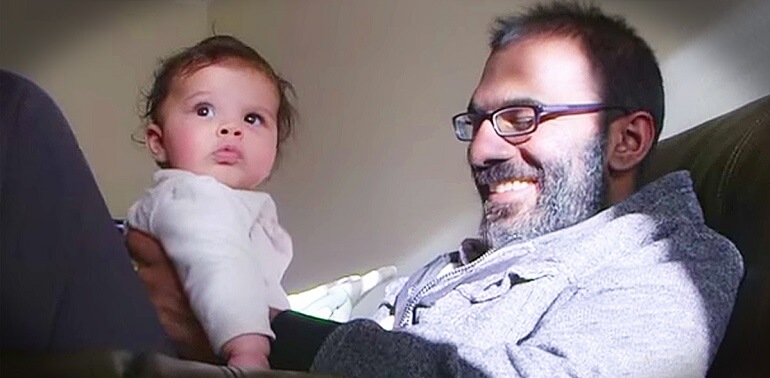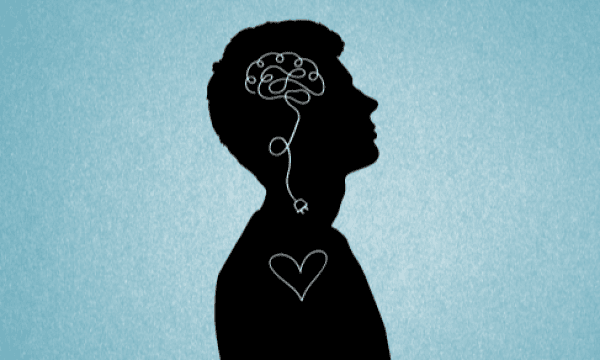
In May of 2013, the Stanford University neurosurgical resident Paul Kalanithi was diagnosed with Stage IV metastatic lung cancer. He was thirty-six years old.
In his two remaining years—he died in March of 2015—he continued his medical training, became the father to a baby girl, and wrote beautifully about his experience facing mortality as a doctor and a patient. In this excerpt from his posthumously published memoir, “When Breath Becomes Air,” which is out on January 12th, from Random House, Kalanithi writes about his last day practicing medicine.
I hopped out of the CT scanner, seven months since I had returned to surgery. This would be my last scan before finishing residency, before becoming a father, before my future became real.
“Wanna take a look, Doc?” the tech said.
“Not right now,” I said. “I’ve got a lot of work to do today.”
It was already 6 p.m. I had to go see patients, organize tomorrow’s O.R. schedule, review films, dictate my clinic notes, check on my post-ops, and so on. Around 8 p.m., I sat down in the neurosurgery office, next to a radiology viewing station. I turned it on, looked at my patients’ scans for the next day—two simple spine cases—and, finally, typed in my own name. I zipped through the images as if they were a kid’s flip-book, comparing the new scan to the last. Everything looked the same, the old tumors remained exactly the same … except, wait.
I rolled back the images. Looked again.
There it was. A new tumor, large, filling my right middle lobe. It looked, oddly, like a full moon having almost cleared the horizon. Going back to the old images, I could make out the faintest trace of it, a ghostly harbinger now brought fully into the world.
I was neither angry nor scared. It simply was. It was a fact about the world, like the distance from the sun to the Earth. I drove home and told [my wife,] Lucy. It was a Thursday night, and we wouldn’t see [my oncologist] Emma again until Monday, but Lucy and I sat down in the living room, with our laptops, and mapped out the next steps: biopsies, tests, chemotherapy. The treatments this time around would be tougher to endure, the possibility of a long life more remote. T. S. Eliot once wrote, “But at my back in a cold blast I hear / the rattle of the bones, and chuckle spread from ear to ear.” Neurosurgery would be impossible for a couple of weeks, perhaps months, perhaps forever. But we decided that all of that could wait to be real until Monday. Today was Thursday, and I’d already made tomorrow’s O.R. assignments; I planned on having one last day as a resident...read more.
https://www.youtube.com/watch?v=aetY_zS7Q6M
Feature image from www.paulkalanithi.com.

























